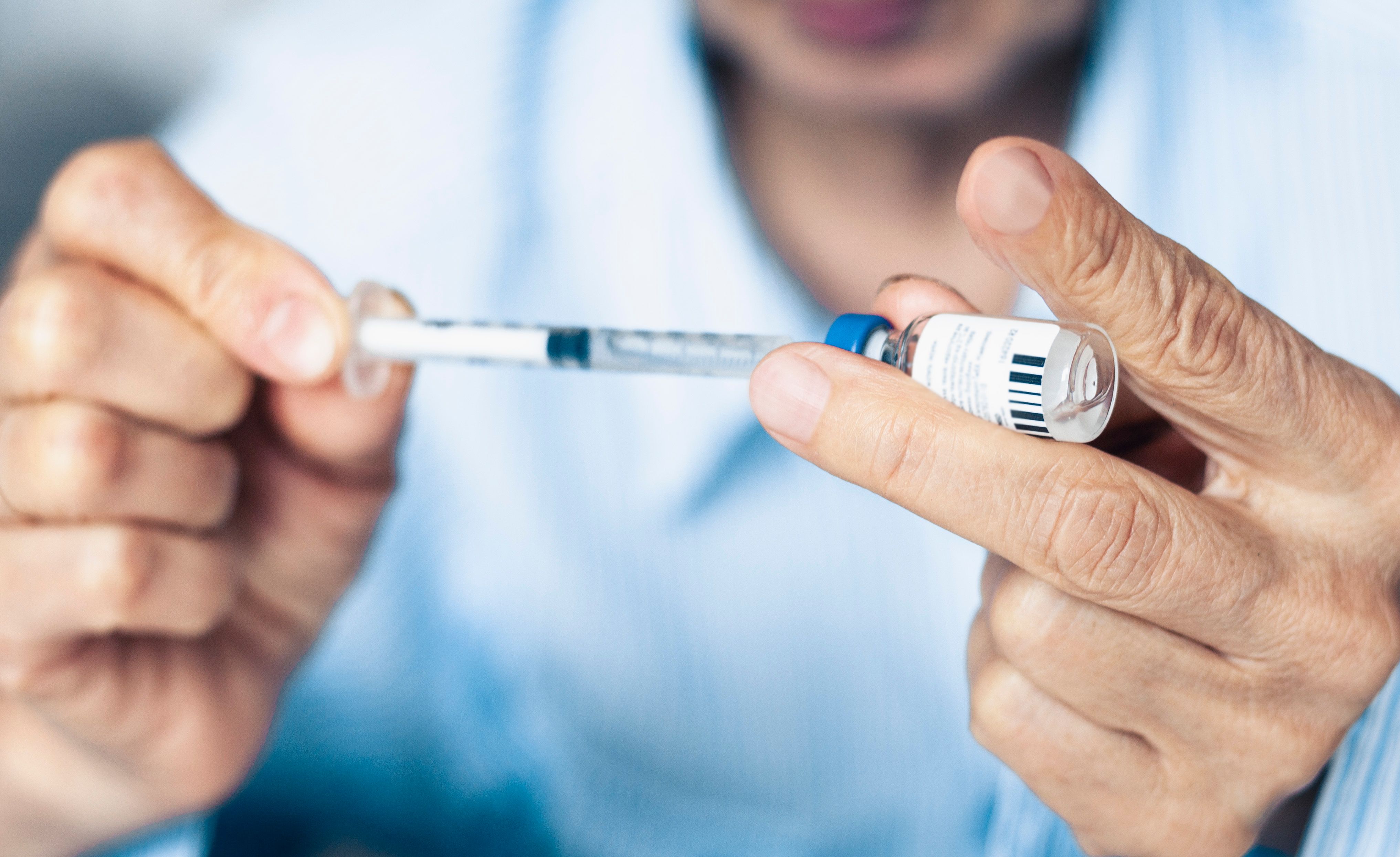The Duffy Lab-
Developing advanced biomaterials and devices to facilitate targeted delivery and future clinical translation of cell and drug based therapeutics For Type 1 diabetes mellitus.


Professor Garry Duffy, Professor in Anatomy & Regenerative Therapies in the Discipline of Anatomy, School of Medicine, National University of Ireland, Galway (NUIGalway) and Vice Dean for Research and Graduate Studies in the College of Medicine, Nursing and Health Sciences leads the Duffy Lab at NUI Galway.
Professor Garry Duffy, Professor in Anatomy & Regenerative Therapies in the Discipline of Anatomy, School of Medicine, National University of Ireland, Galway (NUIGalway) and Vice Dean for Research and Graduate Studies in the College of Medicine, Nursing and Health Sciences leads the Duffy Lab at NUI Galway.
The Duffy Lab is focused on developing advanced biomaterials and devices to facilitate targeted delivery and future clinical translation of cell and drug-based therapeutics For Type 1 diabetes mellitus.
Prof. Duffy is the coordinator of the DRIVE & DELIVER projects in collaboration with 14 European partners.
Type 1 diabetes mellitus (T1D) is an autoimmune disease that currently has no cure. In T1D the body’s own immune system destroys the cells in the pancreas that produce insulin. Over 18 million people worldwide have T1D. It is a disease that requires management 24 hours a day, 7 days a week, 365 days a year.
T1D has a significant impact on patient lives in terms of quality of life and morbidity due to the fact that people with T1D often have high or low blood glucose levels, putting them at risk for medical emergencies and serious long-term complications, even with intensive management.

Current Treatments:
Exogenous insulin administration has proven effective for the management of T1D, but requires onerous monitoring of blood glucose to prevent hypoglycaemia. Continuous glucose monitoring (CGM) is a technology that can help immensely with this but still has accuracy issues.
Not all T1D patients are good candidates for a CGM however it has been shown to help patients improve their metabolic control, especially those treated with continuous subcutaneous insulin infusion.
Beta cells are cells within the pancreas that make insulin, these beta cells are found within clusters of cells called islets. The concept of beta cell replacement and islet transplantation has been evaluated for decades, however, this has shown the need to overcome a variety of challenges in multiple scientific areas for example, stem cell and beta cell biology, transplant and immunology, bioengineering, and translational research.
These islet transplants suffer from poor survival and engraftment and risks associated with the lifelong immune suppression medication that transplant recipients must take.
These factors limit the use of this therapy to a small percentage of “brittle” T1D patients for whom daily insulin injections are not sufficient to control their diabetes.

The Duffy Lab's DRIVE and DELIVER projects aim to develop technologies to dramatically improve the survival and engraftment rate of transplanted islets and forego the need for lifelong immune suppression.
Their vision is to widen the application of islet transplant therapy to more T1D patients.
DRIVE & DELIVER have developed a suite of functional biomaterials for long term clinical efficacy of transplanted pancreatic islets. The projects also facilitate minimally invasive delivery inside a protective capsule using a specialised delivery catheter in order to promote natural glucose sensing and insulin response for abdominally transplanted islets.
Along with these technologies, the consortia have been working on the generation of stem cells that can be induced to differentiate towards the pancreatic beta cell lineage, these cells are called induced pluripotent stem cells (iPSCs) and show major promise in replacing the need for cadaveric islets which are in very short supply.
These two Consortia represent major interdisciplinary efforts between β-cell biologists, experts in biomaterials and advanced drug delivery, clinical experts in islet transplantation, and research-active companies working together to develop novel therapeutics to address the challenges of treating diabetes.
This research collaboration is supported by the European Commission’s Horizon 2020 funding. These projects have received funding from the European Union’s Horizon 2020 research and innovation programme under grant agreement No 645991 (DRIVE) No 812865 (DELIVER).
